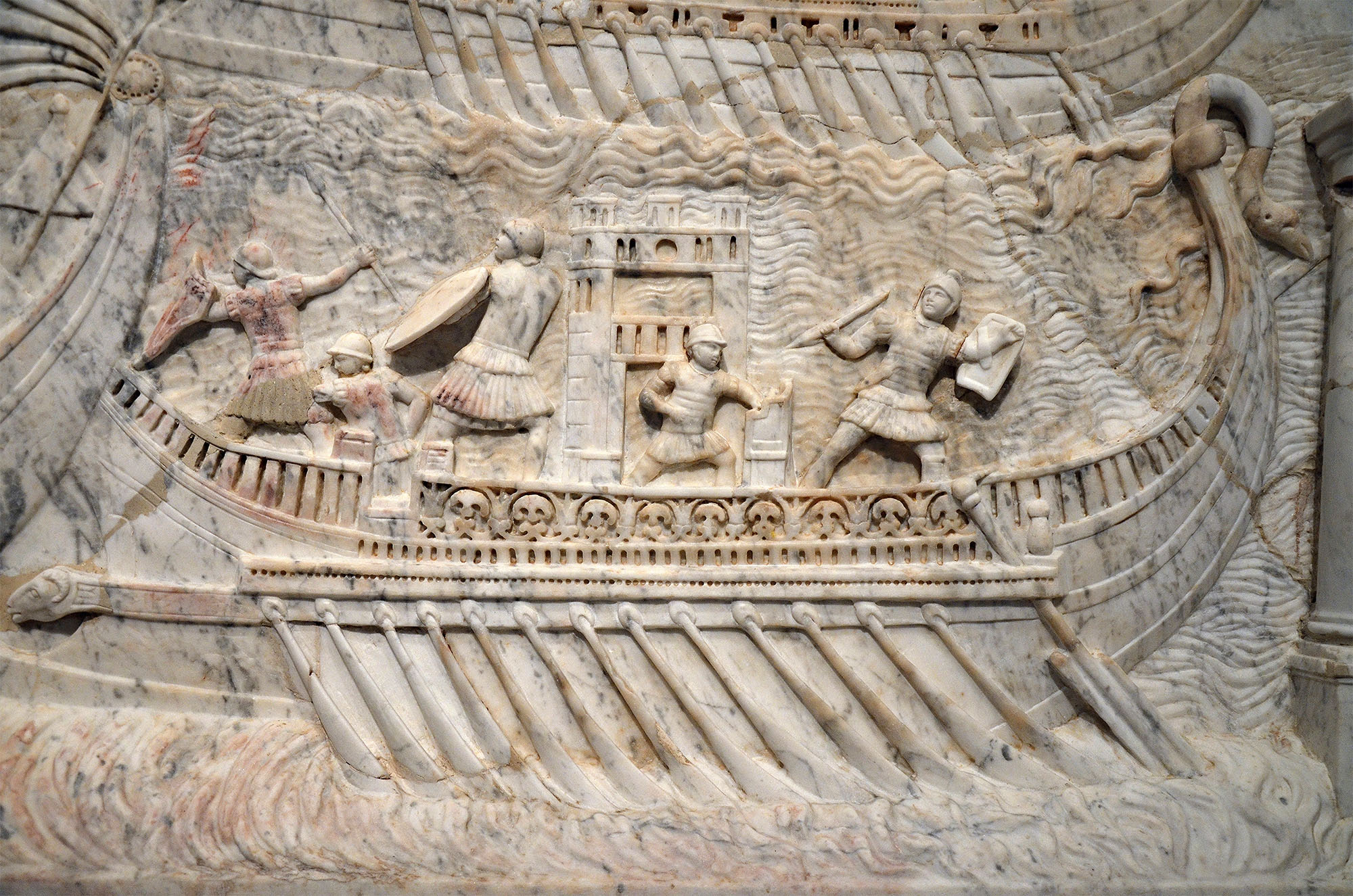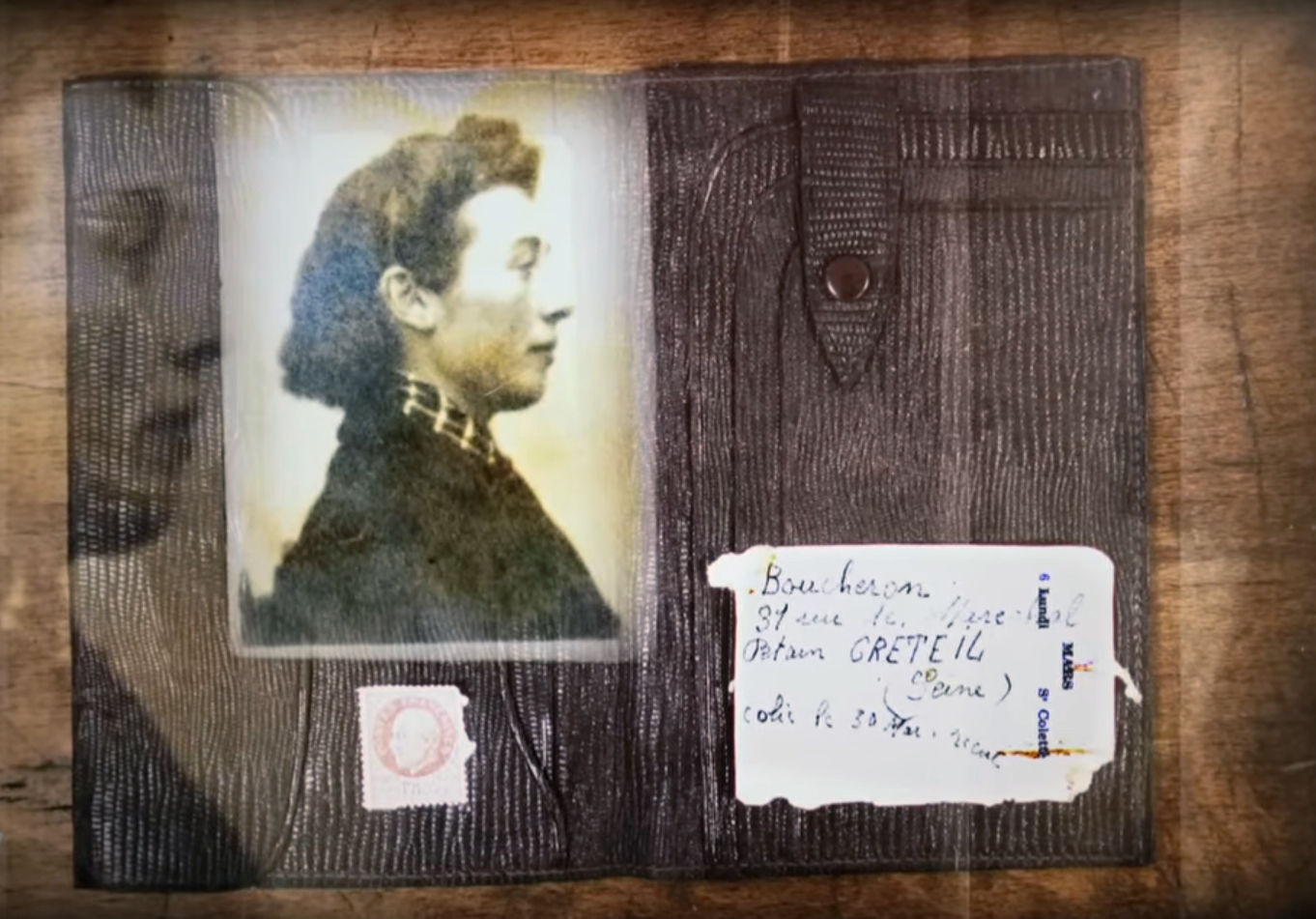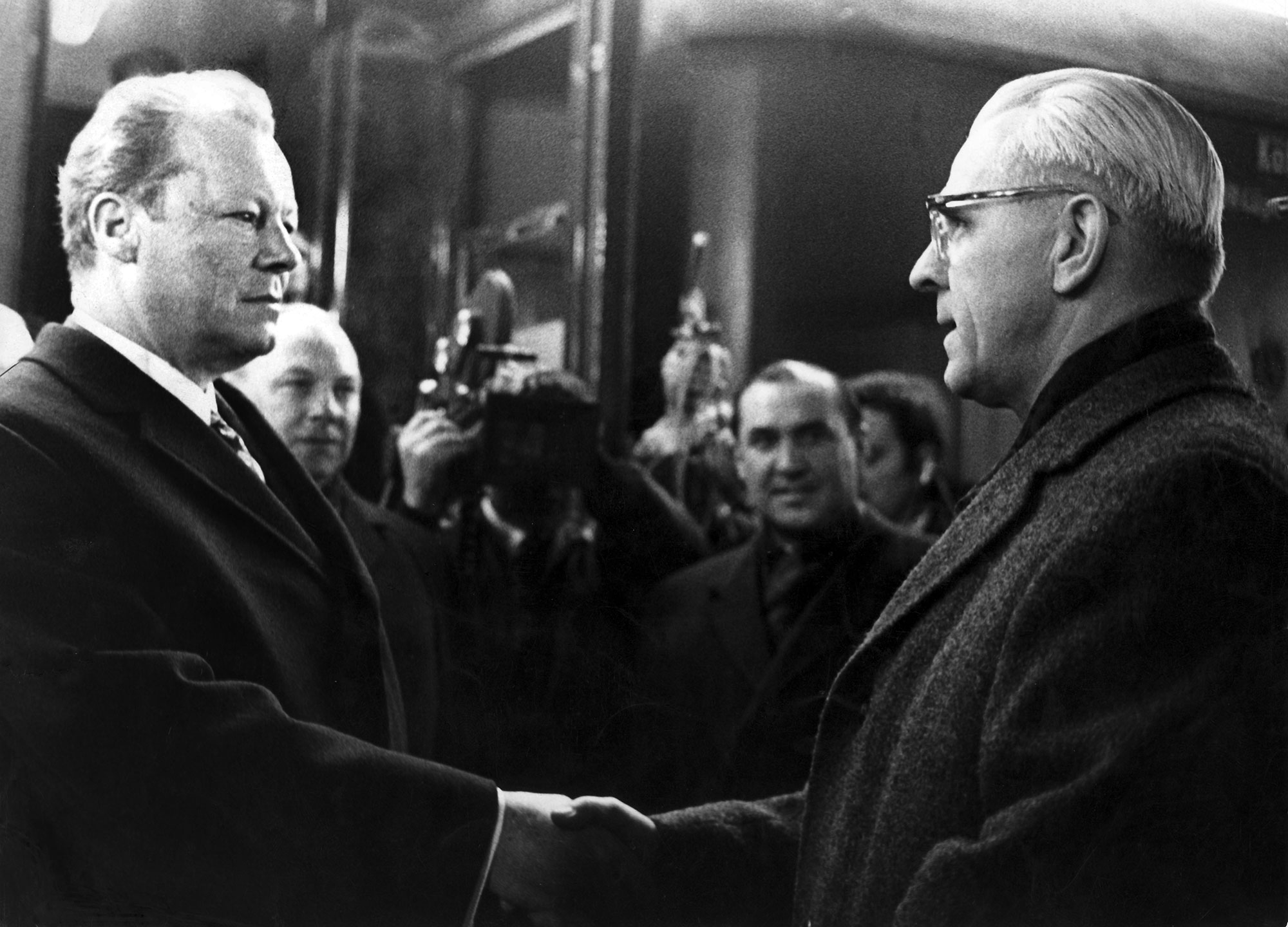Are we children of Greek culture?

Gulf of Ambracia (Ionian Sea). In the 15th century a. 2 September 31. The Romans achieved victory in the naval battle of Accio and ensured control over Egypt. Therefore, the Greek hegemony in the Mediterranean is concluded on that date, but the Hellenic influence has remained so far. Alien Wisdom, written almost half a century ago by historian Arnaldo Momigliano (1908-1987): At the beginning of The Limits of Hellenization (1975) he stated that “homo europaeus is intellectually conditioned by Hellenic ancestors to this day.” This work was translated into Italian in 1980. Under the title L’Ellenism e le altre culture. And in 1988 they put the following title to the Spanish translation: The wisdom of the barbarians: the limits of Helenization. The words foreign, barbaric and barbarian can be considered synonymous in this case, since the word barbarian of Greek origin meant this: foreigner, foreigner. But in Greece itself, and more and more in Rome, the word had a derogatory tone that denoted, in his view, its dominion over the cultures of the environment.
But Momigliano, in his work, without denying Helenist influence, works on relations with other cultures: Roma, Celts, Jews, Egyptians, Persians… And he concludes that, sometimes, Greek influence was not as profound as was thought, for example, in Judaism. Greek thought had a superficial influence on closed Judaism. And furthermore, although Hellenism was dissolved under Roman pressure, Hebrew culture had the ability to survive.
In other cases, Momigliano says that the influence was also significant in the opposite direction. As for the Persians, for a long time. In the 15th century a. In the sixth century the Persians conquered Lidia and Jonia, which allowed the exchange of the two cultures. Thus, Momigliano says that the influence of the Persians is evident, for example, in the concept of justice of Heraclitus or in the astronomy of Anasimandro, and at the birth of philosophical thought Zaratustra had to say.
“We are all Greeks,” said poet Percy Bysshe Shelley. Historian Arnaldo Dante, for his part, explained that we were born from multicultural relations.
Washington, D.C., June 17, 1930. The U.S. Congress passed the Tariff Act. It is also known as the Smoot-Hawley Act because it was promoted by Senator Reed Smoot and Representative Willis Hawley.
The law raised import tax limits for about 900 products by 40% to 60% in order to... [+]
During the renovation of a sports field in the Simmering district of Vienna, a mass grave with 150 bodies was discovered in October 2024. They conclude that they were Roman legionnaires and A.D. They died around 100 years ago. Or rather, they were killed.
The bodies were buried... [+]
My mother always says: “I never understood why World War I happened. It doesn't make any sense to him. He does not understand why the old European powers were involved in such barbarism and does not get into his head how they were persuaded to kill these young men from Europe,... [+]
Until now we have believed that those in charge of copying books during the Middle Ages and before the printing press was opened were men, specifically monks of monasteries.
But a group of researchers from the University of Bergen, Norway, concludes that women also worked as... [+]
Florentzia, 1886. Carlo Collodi Le avventure de Pinocchio eleberri ezagunaren egileak zera idatzi zuen pizzari buruz: “Labean txigortutako ogi orea, gainean eskura dagoen edozer gauzaz egindako saltsa duena”. Pizza hark “zikinkeria konplexu tankera” zuela... [+]
Ereserkiek, kanta-modalitate zehatz, eder eta arriskutsu horiek, komunitate bati zuzentzea izan ohi dute helburu. “Ene aberri eta sasoiko lagunok”, hasten da Sarrionandiaren poema ezaguna. Ereserki bat da, jakina: horra nori zuzentzen zaion tonu solemnean, handitxo... [+]
Linear A is a Minoan script used 4,800-4,500 years ago. Recently, in the famous Knossos Palace in Crete, a special ivory object has been discovered, which was probably used as a ceremonial scepter. The object has two inscriptions; one on the handle is shorter and, like most of... [+]
Londres, 1944. Dorothy izeneko emakume bati argazkiak atera zizkioten Waterloo zubian soldatze lanak egiten ari zela. Dorothyri buruz izena beste daturik ez daukagu, baina duela hamar urte arte hori ere ez genekien. Argazki sorta 2015ean topatu zuen Christine Wall... [+]
























